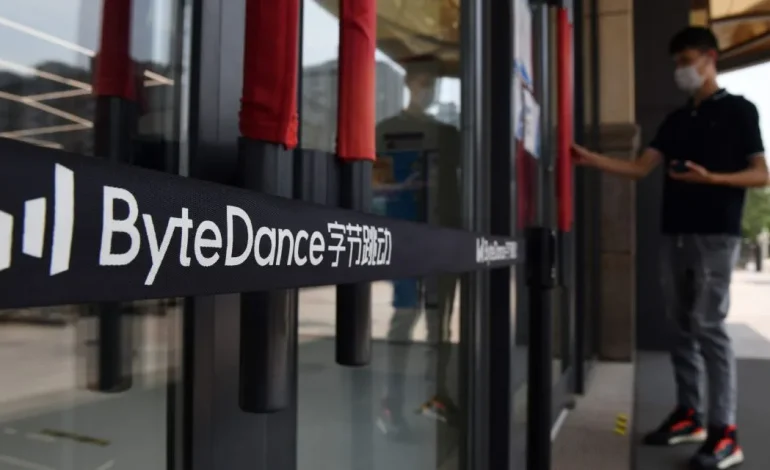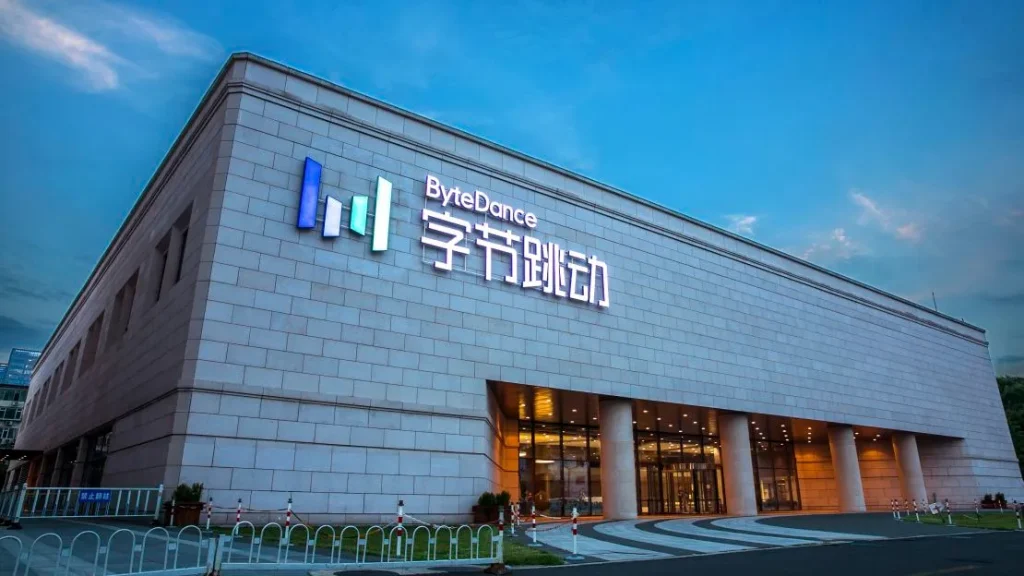ByteDance Expands AI Studio Network to 10 New Provinces

Introduction
ByteDance, the Beijing-based tech giant, has announced the expansion of its AI Studio network to 10 additional provinces across China. This move reflects the company’s commitment to scaling artificial intelligence development beyond its headquarters in Beijing and Shenzhen, strengthening local talent pipelines, and accelerating AI-driven innovation. With China’s tech policy increasingly emphasizing decentralized AI development and regional innovation clusters, ByteDance’s expansion positions the company to play a central role in national AI strategy. This blog analyzes the rationale behind the expansion, its expected impact on AI research and applications, and the broader implications for the Chinese tech ecosystem.
Expansion Strategy and Objectives
ByteDance’s AI Studio network focuses on developing generative AI models, computer vision solutions, natural language processing systems, and AI-powered recommendation engines. By expanding to provinces such as Sichuan, Hubei, Henan, and Zhejiang, ByteDance aims to tap into regional universities, research centers, and startup communities. The company plans to integrate these regional studios with its central AI labs in Beijing, facilitating collaboration on both commercial applications and public-sector AI projects.
The expansion also addresses workforce development. By locating AI studios in multiple provinces, ByteDance provides opportunities for local AI talent to contribute to high-impact projects without relocating to major cities. This decentralization aligns with government initiatives to promote innovation in tier-2 and tier-3 cities, reducing regional disparities in tech development.
Technological Focus
Each new studio will specialize in specific AI domains aligned with local industry strengths. For example, studios in Zhejiang and Jiangsu will focus on industrial AI applications, including smart manufacturing and supply chain optimization. Studios in Sichuan and Hubei will prioritize generative AI and natural language processing, supporting content creation and language translation technologies. This specialization enhances the scalability of ByteDance’s AI infrastructure and ensures regional relevance of AI solutions.
ByteDance also plans to integrate cloud computing resources with each studio, creating distributed AI computing power that can handle large-scale training models. This decentralized approach reduces latency, enhances model performance for localized applications, and ensures compliance with national data security regulations.

Impact on Local Innovation Ecosystems
The expansion is expected to stimulate local innovation ecosystems. By collaborating with provincial universities and incubators, ByteDance will provide mentorship, funding, and technical support for AI startups. This approach creates a virtuous cycle: local startups contribute to the AI ecosystem, while ByteDance gains early access to innovative solutions and talent.
Additionally, provincial governments have welcomed the initiative, offering incentives such as tax reductions, subsidized office space, and grants for AI projects. Analysts expect that these combined efforts will lead to increased patent filings, startup launches, and regional AI adoption, particularly in sectors such as education technology, smart logistics, and digital entertainment.
Policy Alignment and Strategic Importance
ByteDance’s expansion aligns with China’s national AI development plan, which emphasizes distributed AI innovation, talent cultivation, and cross-sector integration. By establishing studios outside major tech hubs, ByteDance supports government goals of equitable tech growth while mitigating risks associated with over-concentration of AI expertise in a few cities.
The strategy also strengthens China’s position in the global AI race. By creating a network of AI studios across the country, ByteDance ensures continuous research output, accelerates model development, and enhances the scalability of its AI products for both domestic and international markets.
Challenges and Risk Factors
Despite the advantages, the expansion faces challenges. Recruiting and retaining top AI talent in regional cities remains a critical concern. ByteDance must invest in training programs, competitive compensation, and research incentives to attract skilled engineers and data scientists. Additionally, coordinating projects across multiple studios may present operational complexity, including standardization of workflows and integration of datasets.
Regulatory compliance is another consideration. The expansion must adhere to China’s evolving data security and AI governance frameworks, ensuring that regional AI operations meet national standards for privacy, ethical AI, and algorithmic transparency. Failure to comply could lead to fines, restrictions, or reputational risks.
Broader Implications for China’s AI Sector
The expansion of ByteDance’s AI Studio network has wider implications for China’s AI sector. It demonstrates a commitment to decentralization, regional development, and talent cultivation. Other tech companies may follow suit, creating a competitive yet collaborative AI ecosystem across the country.
The move also enhances China’s global standing in AI research. With regional studios contributing to large-scale AI models, innovations emerging from these centers could influence global AI applications in education, healthcare, smart cities, and digital media. Furthermore, by integrating modular AI infrastructure across multiple provinces, ByteDance is laying the groundwork for scalable AI solutions, potentially mirroring international AI leaders in distributed development capabilities.
Conclusion
ByteDance’s expansion of its AI Studio network to 10 new provinces represents a strategic milestone in China’s AI landscape. By decentralizing AI development, nurturing local talent, and aligning with national policies, the company strengthens both its commercial potential and China’s broader innovation ecosystem. While operational and regulatory challenges exist, the expansion demonstrates how tech giants can balance regional growth with technological leadership. As regional studios become fully operational, ByteDance is poised to maintain a competitive edge in the AI sector, contributing to both domestic innovation and global AI advancement.






